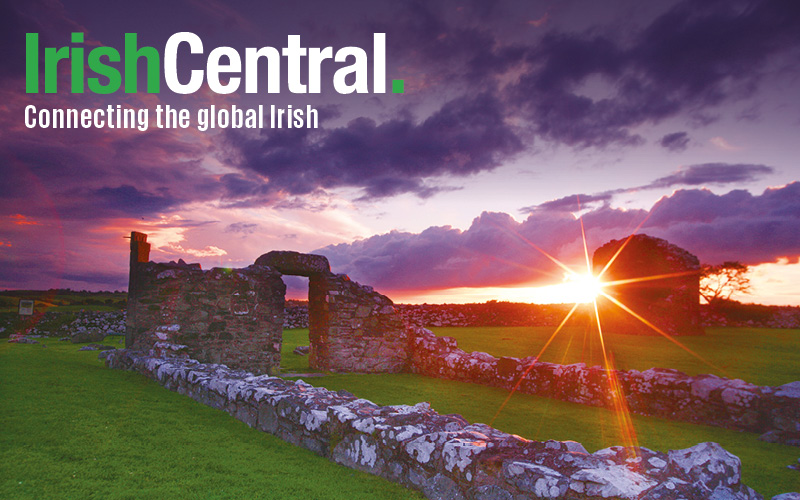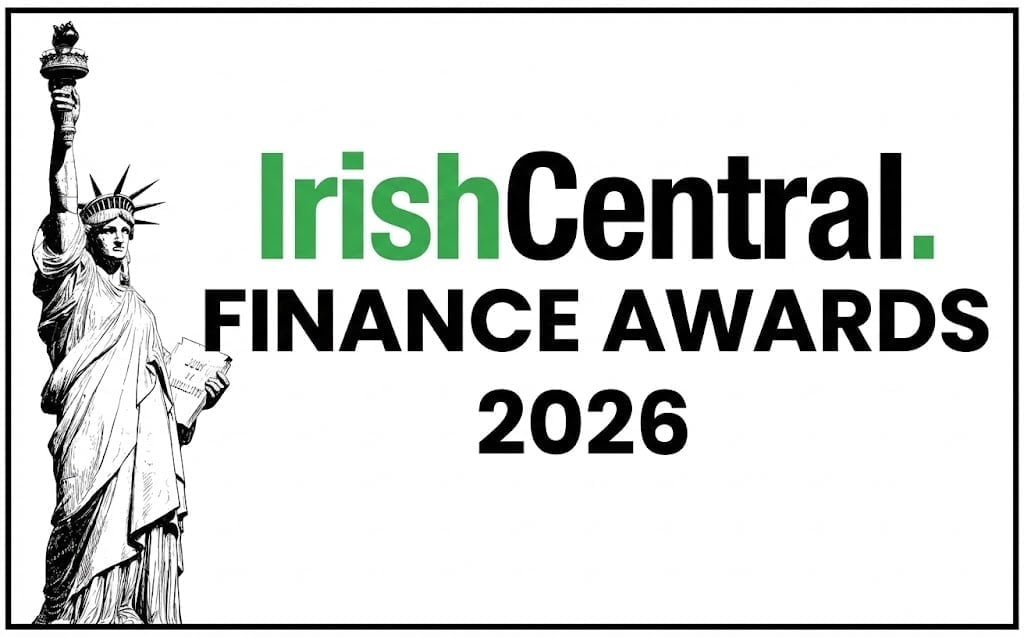It appears the controversial Church of Scientology may be widening its recruitment in Ireland to people in the Gaeltacht (Irish-speaking areas) and other Irish-speakers throughout the country with attempts made by a sub-company of the church to translate their educational and information supplements into Irish.
According to Tuairisc.ie, the subcompany – Golden Era Productions – recently wrote to a number of Irish translators looking for people qualified and interested in reproducing their programs in Irish.
“In addition to the many languages we already provide we will also now be making our materials available in Gaelic and thus we are looking for qualified and interested translators,” the company wrote.
As well as making the Church’s material on human rights, the Foundation for a Drug-Free World, and their other educational material available in Irish, it is believed the company wanted translators to also work with them on translating the training videos they make available for their followers around the world.
This is apparently not the first times member of the church have attempted to translate their material to Irish. Hubbard's drug rehabilitation program Narconon is also believed to be behind an earlier attempt to contact Irish translators via the translation service called ProZ.com in October 2015, acting under the guise of a charity organization.
Translators were told that as the charity had limited funds, the rate of reimbursement would be lower than the normal standard offered for such work.
With a stockpile of audio-visual and written material to translate, one of the translators, Amy Ní Cholgáin from Donegal, wrote about the project in the popular Irish-language Facebook group “Gaeilge Amháin.” (“Only Irish” – a group for Facebook users to share interesting stories, engage in discussion, ask questions or share their own work, where only Irish is allowed.) Ní Cholgáin was initially unaware that the material to be translated was the work of L. Ron Hubbard, founder of the Church of Scientology.
Ní Cholgáin became suspicious, however, once she attempted the trial translation that was attached to the call for translators.
Sentences in the translation project included: “The drug scene is planetwide and swimming in blood and human misery … And children of drug-taking mothers are born as druggies.”
After further research among members of Gaeilge Amháin the above sentence was found to be the work of Narconon, a company that works to publicize Hubbard's opinions regarding the use of drugs.
Read more: Strange extremist religious cult recruits heavily in Ireland
The Church of Scientology has only one location in Ireland, on Dublin’s Abbey Street, although members are believed to be located throughout the country. The Church’s official website mistakenly lists that location as a United Kingdom branch.
Despite its attempts to claim charitable, tax-free status in Ireland, the Church of Scientology is yet to be officially recognized in the country as a religion, though it is free to promote Scientology beliefs.
For many years the Irish branches of the Church struggled to stay out of the red, relying on their richer American counterparts to keep them afloat. After an eight-year legal battle with a former member, the Dublin branches were bailed out by a $445,000 no-interest loan from the US branches. The case was eventually settled out of court in 2002.
In March 2016, Irish auditors from Kilcoyne & Co. Accountants raised concerns that the company behind the Dublin branch may no longer be viable, despite reducing their losses last year to just $19. In the year ending April 2015, donations to the Irish branch of the Church had risen some 76% but still saw the company struggling with finances.
The directors of the Irish company, which claims its main activities are “the operation of a church and the provision of religious services,” are listed as the non-executive director of the Church of Scientology Mission of Dublin, Gerard Ryan and Siobhán Ryan.
The controversial church is believed to have just a few hundred members in Ireland, although exact figures are not provided.
H/T: Tuairisc.ie



Comments